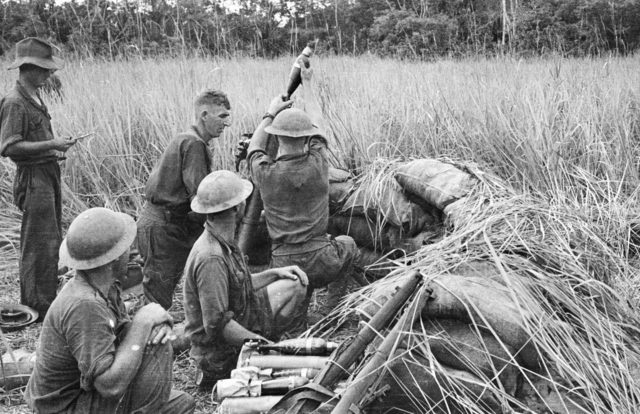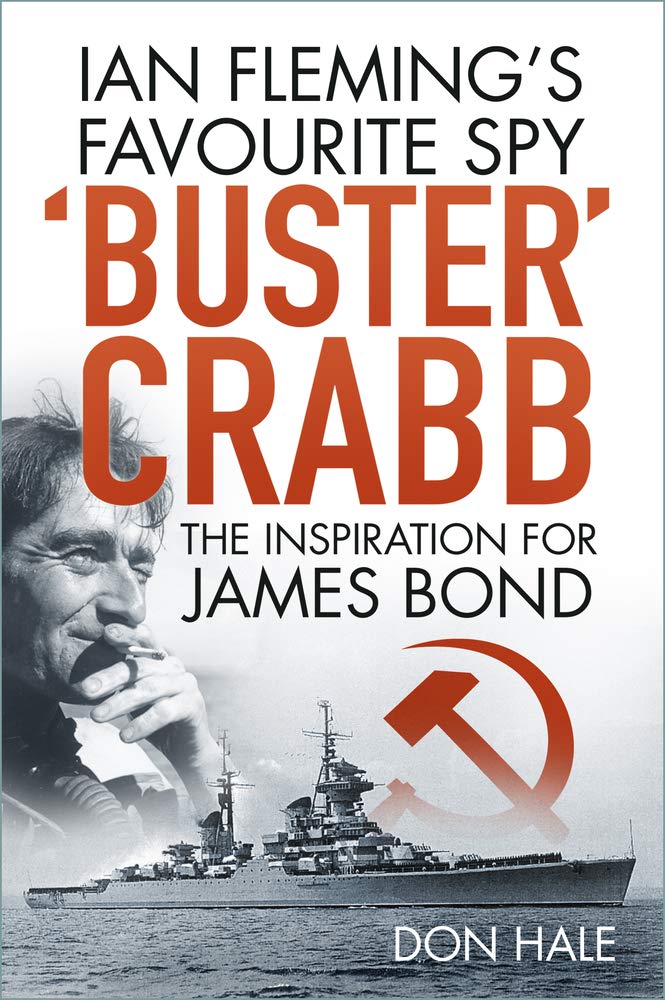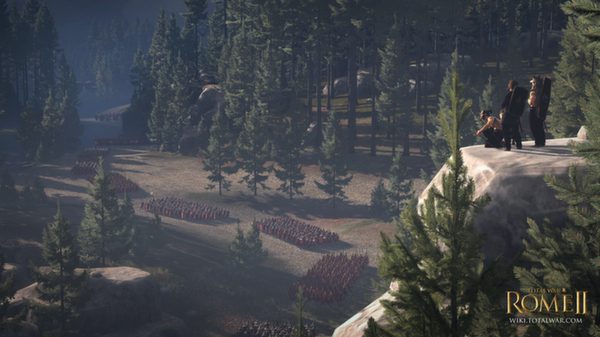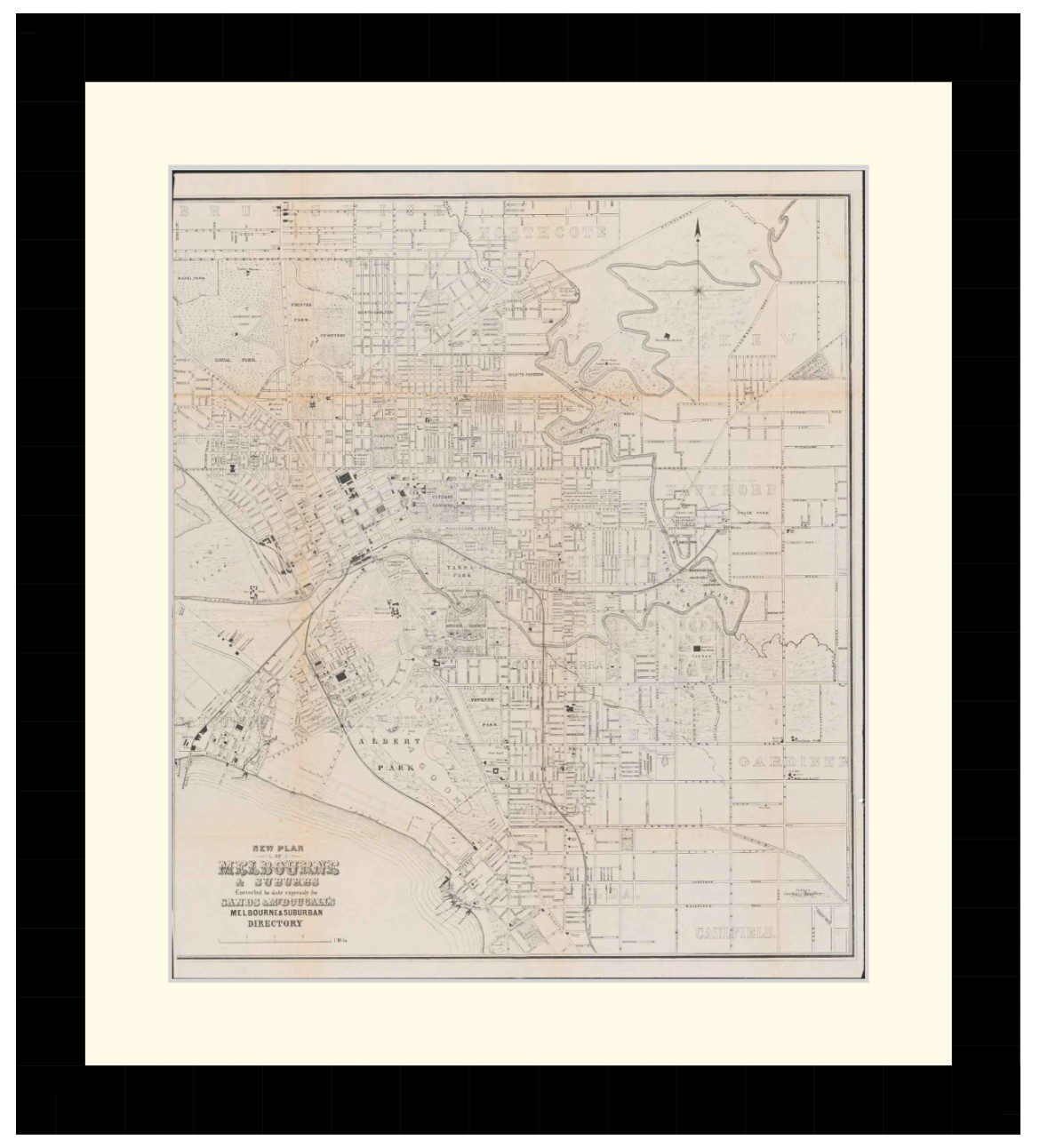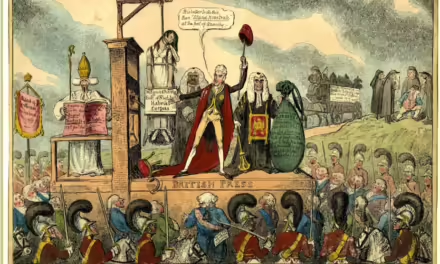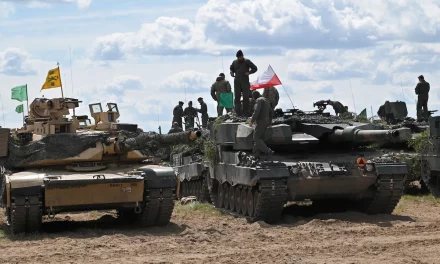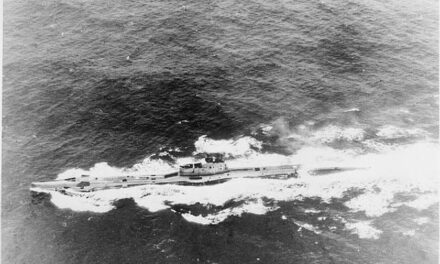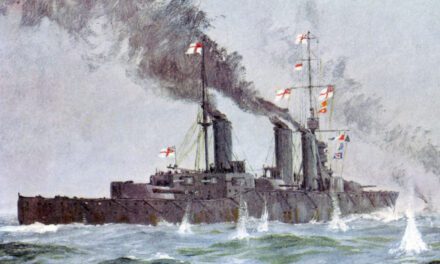These podcast episodes by Warwick O’Neill from the Australian Military History podcast was commissioned by History Guild as part of our support of THE BLOODY BEACHHEADS: THE BATTLES OF GONA, BUNA AND SANANANDA – ONE DAY CONFERENCE.
By late 1942, the Allies had pushed the Japanese forces back along the Kokoda Track and were now down on the coastal plains of northern New Guinea. The Japanese may have been retreating, but they intended to hold the vital beachheads from Gona down through Sanananda to Buna. The fight to take the beachheads would be bloody and brutal, but first the Australians and their American comrades had to get there.
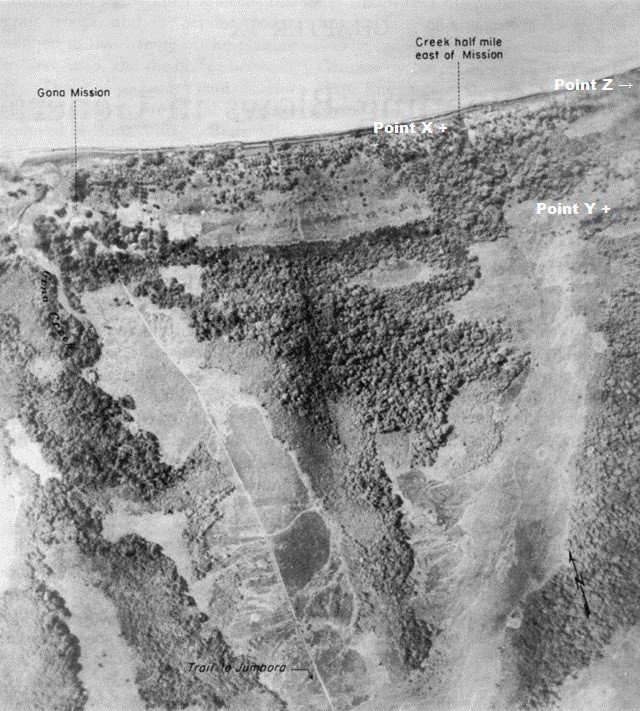
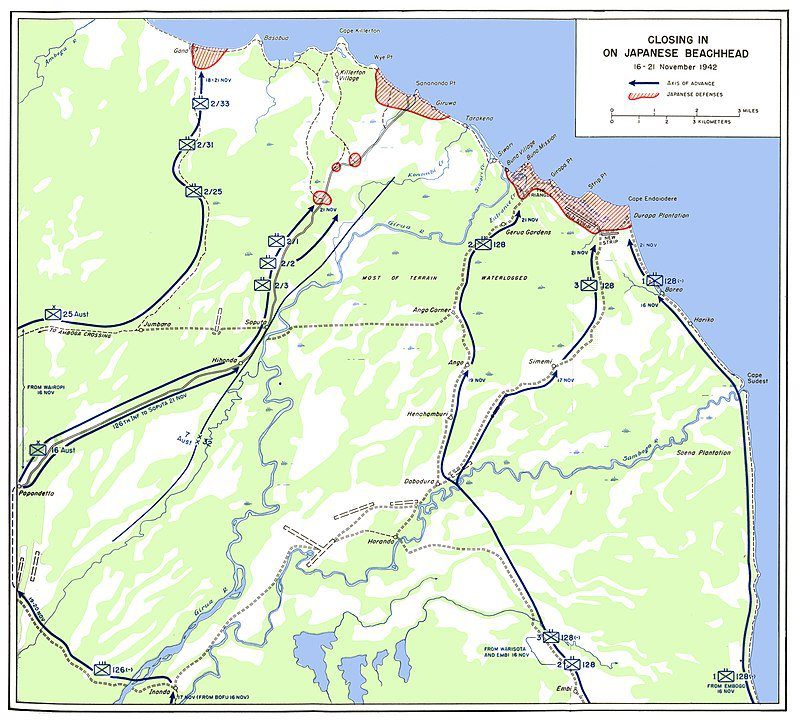
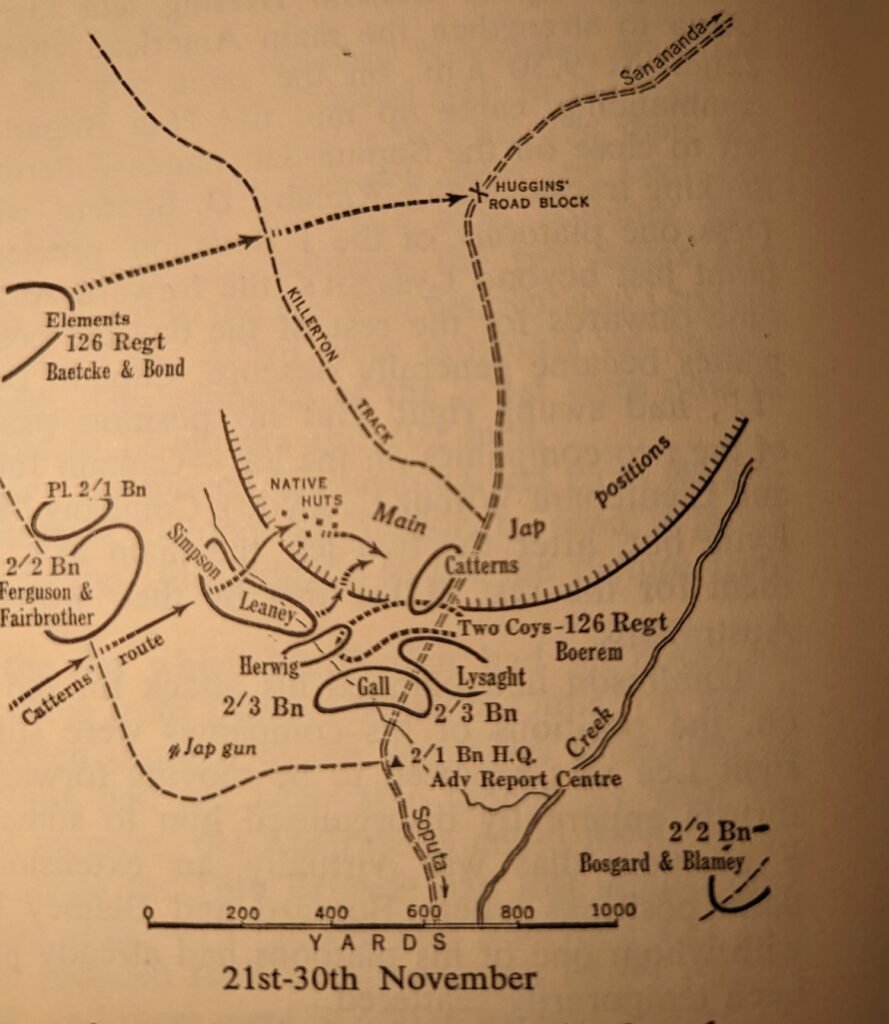
Articles you may also like
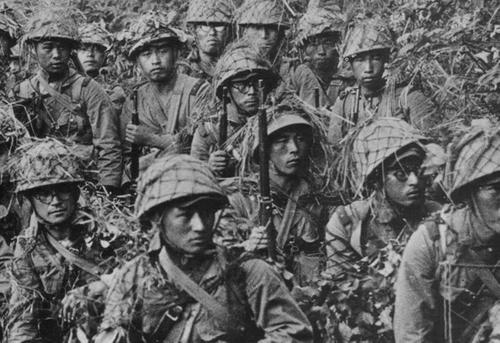
Japan’s Pacific War – Podcast
This podcast episode was commissioned by History Guild as part of our support of THE BLOODY BEACHHEADS: THE BATTLES OF GONA, BUNA AND SANANANDA – ONE DAY CONFERENCE. Angus Wallace, creator of the fantastic WW2 Podcast is joined by Peter Williams, author of Japan’s Pacific War: Personal Accounts of the Emperor’s Warriors.
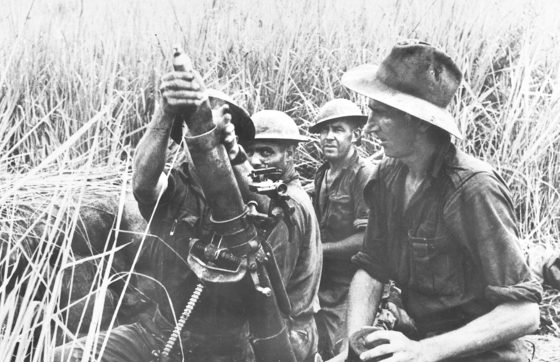
The Bloody Beachheads: The Battles Of Gona, Buna And Sanananda – One Day Conference
The Battle of the Beachheads was the bloodiest of all the Papuan campaigns. The resolve and tenacity of the Japanese defenders was, to Allied perceptions, unprecedented to the point of being “fanatical”, and had not previously been encountered. Please join a group of well-qualified speakers as we examine the Battle of the Beachheads in a one-day conference.
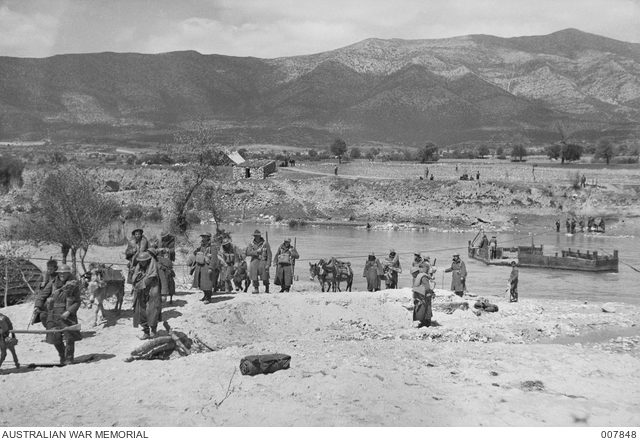
The Battle of Greece – Australia’s Textbook Rear-Guard Action
Retreat doesn’t always mean defeat, sometimes it can be a victory to withdraw in good order and deny your enemy a total victory. This is was the outcome for the allied forces in Greece during April 1941, thanks in part to textbook rear-guard actions fought by Australian units, which allowed 50,732 men to escape the grasp of the advancing superior Axis force. But why were Australian units involved in Greece in the first place?
The text of this article was commissioned by History Guild as part of our work to improve historical literacy. If you would like to reproduce it please get in touch via this form.

